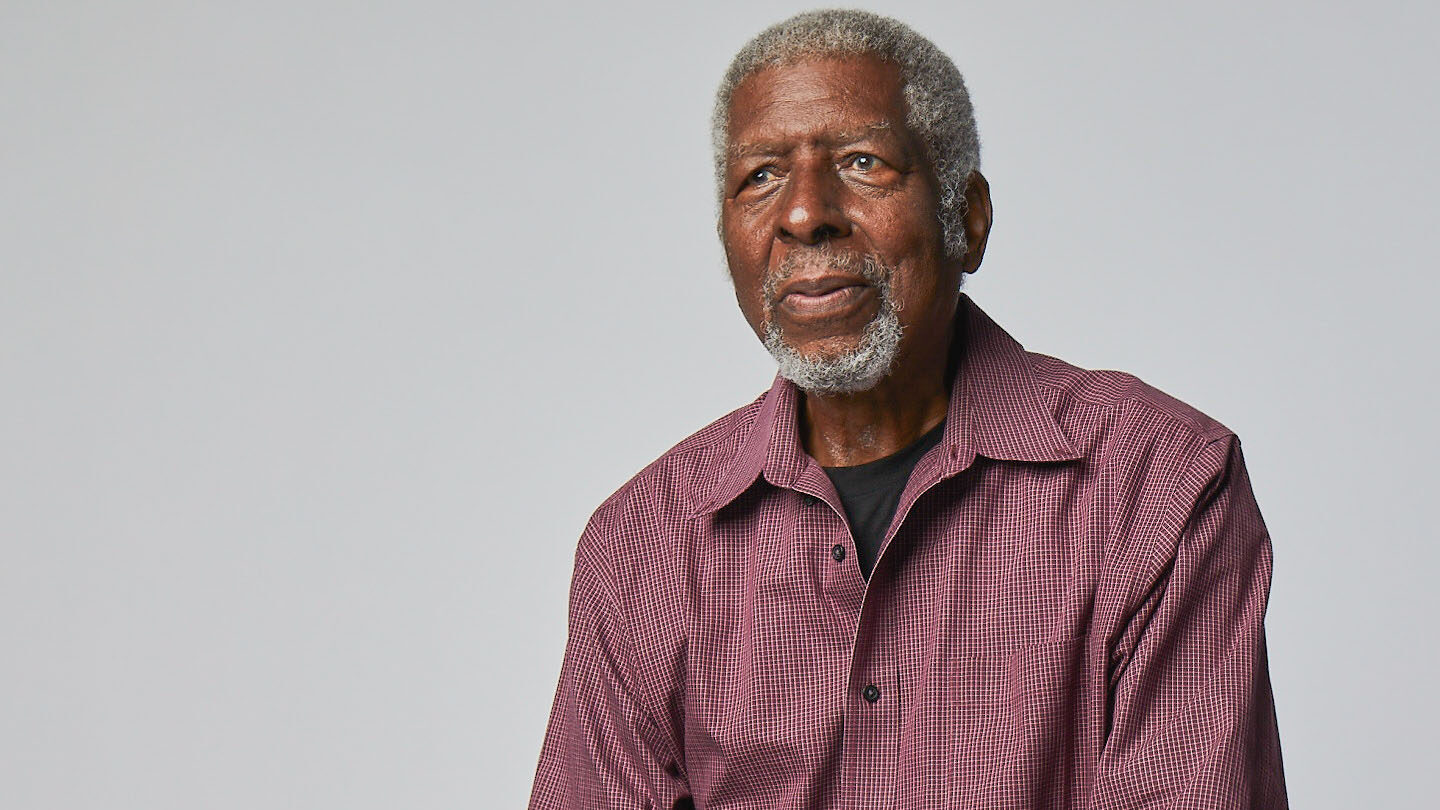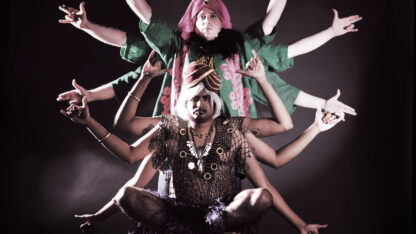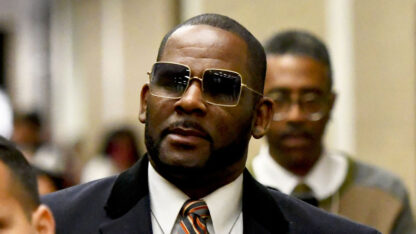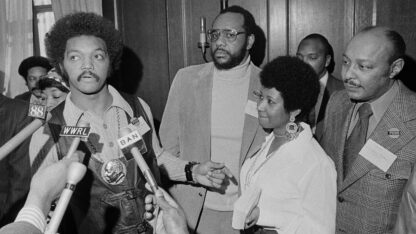'H. Johnson's Jazz Moment: Dorothy Ashby'

WABE’s H. Johnson has been a fixture on our station since 1978. As host of both “Blues Classics” and “Jazz Classics,” H. continually educates and entertains WABE listeners every Friday and Saturday night. Now, H. is adding “City Lights” music contributor to his exceedingly long resumé, and he’ll be joining the show every other Friday to share a bit from his breadth of jazz knowledge. The new segment, “H. Johnson’s Jazz Moment,” explores selections from the best of H.’s music collection along with tidbits from history, personal reflections, and H.’s thoughts on the evergreen resonance of jazz.
In this “Jazz Moment,” Johnson takes a listen to a jazz virtuoso who specializes in an unusual instrument — harpist Dorothy Ashby. While jazz harp exists elsewhere, and many listeners might know the abstract expressions of Alice Coltrane or the romantic jazz balladry of self-taught harpist Harpo Marx, Dorothy Ashby carved out a career entirely her own. Her music adventures in genres from swing standards and bebop to free jazz, world music and soul.
Ashby grew up in Detroit, Michigan, the daughter of self-taught jazz guitarist Wiley Thompson. Discovering the harp as a high-schooler, Ashby originally trained in classical tradition, acquiring a disciplined and articulate sound on the harp highly recognizable in her later jazz work. “She used to get piano recitals, bought her first harp in 1952,” said Johnson. “Her first job on harp was in Philadelphia, a club in Philadelphia, Pennsylvania, in 1953. That’s how quickly she picked it up.”
From her first full-length album”The Jazz Harpist” in 1957 to her 1970 LP “The Rubaiyat of Dorothy Ashby,” Ashby collaborated with such legends as Louis Armstrong and Woody Herman and borrowed players from the bands of Dave Brubeck, Oscar Peterson and Coleman Hawkins, while herself eventually venturing into vocal performance and exploring other instruments like the Japanese koto.
Featured song “Django,” composed by Modern Jazz Quartet pianist John Lewis, was originally released in 1962. It opens arrestingly, with Ashby’s delicate sweeps on her harp giving the impression of pulling back a curtain at the cinema. Upright bass and a gently stirred snare drum join her, keeping a lazy pulse as the harp, as heartfelt as it is precise, draws the listener along for a journey.
Catch H. Johnson’s Blue Classics every Friday from 10 p.m. to midnight, and Jazz Classics every Saturday from 8 p.m. to 2 a.m. on WABE 90.1 Atlanta.








